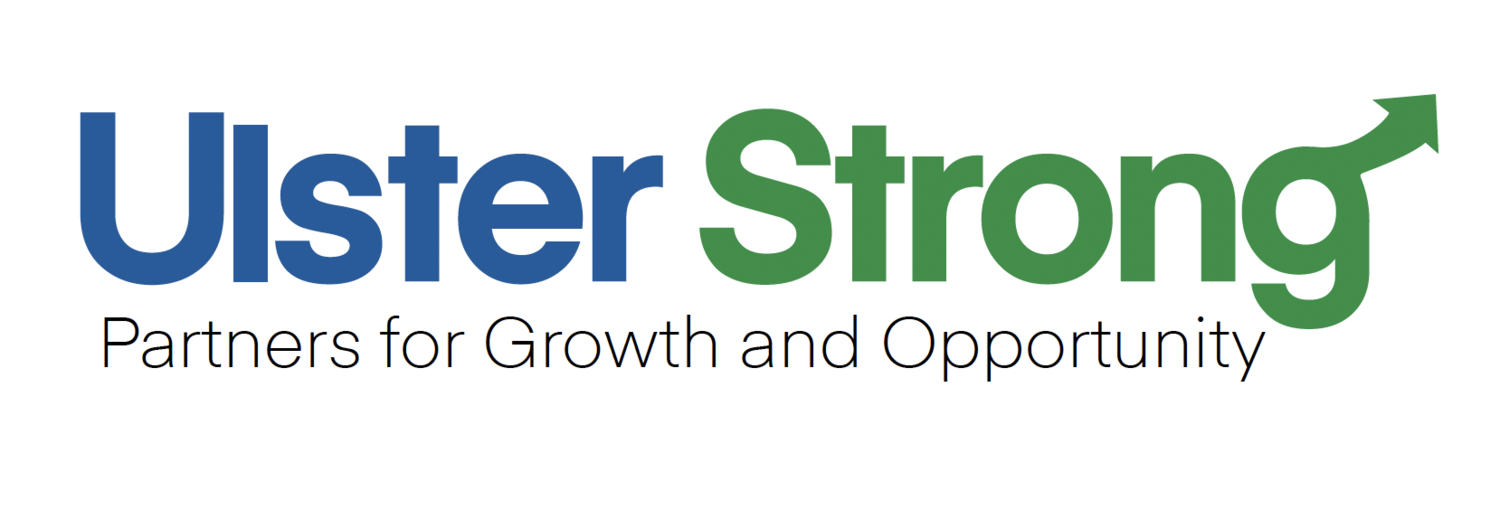RCAL’s New Employment Center: Building Pathways to Work
Provided By RCAL
Earlier this summer, the Resource Center for Accessible Living (RCAL) opened its brand-new Employment Center in Kingston—and in just over two months, the results have been inspiring. The Center is already helping people with disabilities across Ulster County prepare for and succeed in meaningful employment.
RCAL Employment Specialists have been hard at work with clients in the new space, offering job readiness training, resume support, skills development, and one-on-one coaching. “This Center is more than just a new program—it’s a place where people can explore their strengths, build confidence, and take steps toward independence,” said Leah Gherardi, RCAL’s Director of Vocational & OPWDD Services. “We’ve already seen participants move forward in ways that are opening doors to new opportunities.”
Funded through the Office for People with Developmental Disabilities (OPWDD) and ACCES-VR, RCAL’s vocational programs include Pathway to Employment, the Employee Training Program (ETP), pre-vocational services, supported employment, and job coaching. These services are designed to meet people where they are—whether someone is preparing for their first job or looking to advance in a career.
RCAL’s CEO, Anthony Mignone, noted that the Employment Center was years in the making and only possible thanks to community support. “We are especially grateful to Cross Point Fellowship Church, Ulster Savings Bank, and the Ulster County Italian American Foundation,” he said. “Their generosity helped transform our vision into a place of opportunity.”
The early success of the Center highlights a truth RCAL has long championed: people with disabilities are not only ready to work, but they bring dedication and reliability that strengthen the entire workforce. By partnering with local businesses, RCAL hopes to keep building bridges between talented job seekers and employers eager to diversify their teams.
As the Center grows, RCAL is excited to welcome more individuals and families into its vocational programs. Each success story—whether it’s a first interview, a new skill mastered, or a job offer accepted—underscores the power of inclusion and the dignity of work.

